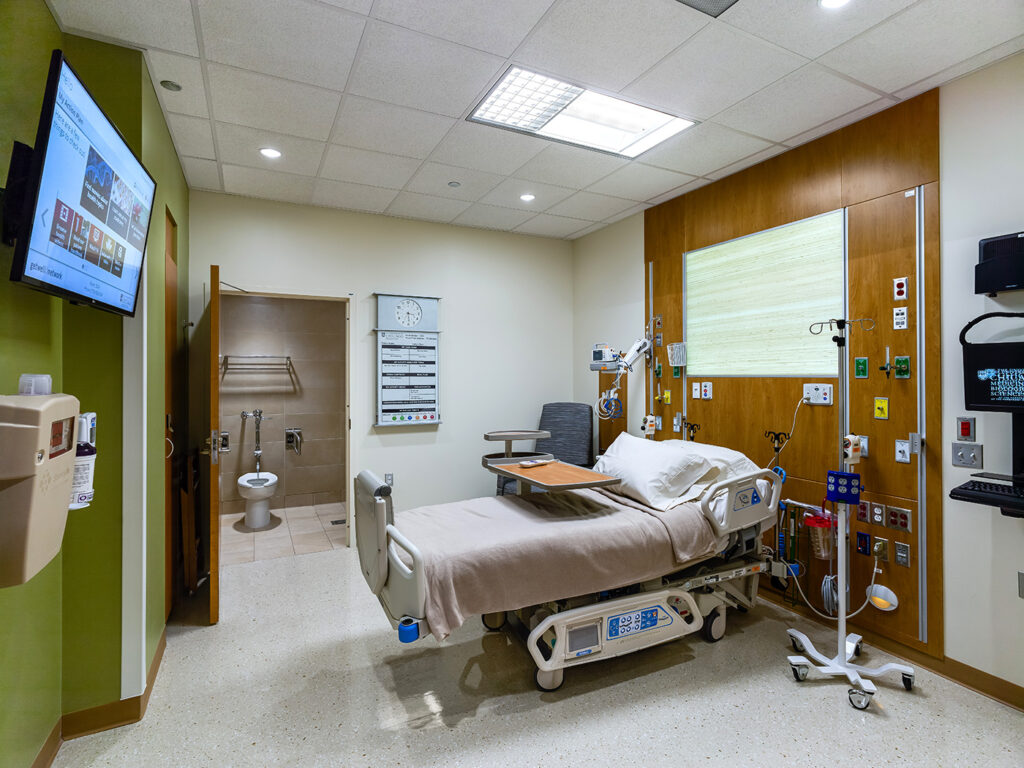Clinical decision units (CDUs) serve as intermediate care areas within hospitals, providing extended evaluation and short-term treatment for patients who don’t require full admission but can’t be discharged from the emergency department (ED) immediately. Admission criteria for CDUs encompass several key factors.
First, patients must be medically stable, without immediately life-threatening conditions. Second, there should be diagnostic uncertainty, necessitating further evaluation or testing. Third, patients may require observation to assess their response to initial treatments.
Additionally, CDU admission may be warranted for patients needing short-term treatment continuation, evaluation of social or psychosocial factors, completion of certain procedures or tests, or access to specialized care not readily available in the ED. Ultimately, admission decisions rely on the clinical judgment of attending physicians, tailored to institutional protocols and evolving best practices.
What are the admission criteria for Clinical Decision Units (CDUs)?

Clinical Decision Units (CDUs) are specialized units within hospitals designed to provide extended observation and care for patients who require further evaluation but do not meet the criteria for admission to an inpatient unit. Admission criteria for CDUs can vary depending on the hospital’s policies, but generally, the following factors are considered:
Medical Stability
Patients considered for CDU admission should be stable from a medical standpoint, meaning their vital signs are within an acceptable range, and they do not exhibit signs of significant physiological instability.
For example, a patient with chest pain who has stable vital signs, normal oxygen saturation, and no evidence of acute cardiac ischemia on an initial electrocardiogram (ECG) may be considered for CDU admission for further evaluation and cardiac monitoring.
Expected Duration of Stay
CDUs are designed for patients who require a short period of observation and treatment to facilitate timely decision-making regarding their disposition.
For instance, a patient with a suspected transient ischemic attack (TIA) who presents with resolved neurological symptoms may be admitted to a
CDU for further evaluation, such as brain imaging studies and cardiology consultation, with the expectation of discharge once diagnostic workup is completed.
Specific Conditions
CDUs often specialize in managing particular medical conditions or complaints that necessitate further assessment but do not warrant immediate inpatient admission.
Examples of conditions managed in CDUs include exacerbations of chronic obstructive pulmonary disease (COPD), dehydration requiring intravenous fluid therapy, uncomplicated syncope, and mild to moderate exacerbations of heart failure or chronic kidney disease.
Diagnostic Procedures
Patients admitted to CDUs may require diagnostic tests or procedures to establish a diagnosis or assess the severity of their condition.
For instance, a patient presenting with atypical chest pain may undergo serial cardiac enzyme tests, troponin measurements, and stress testing in the CDU to rule out acute coronary syndrome.
Likelihood of Discharge
CDU admission is appropriate for patients who are likely to be discharged home or transitioned to a lower level of care after a brief period of observation and treatment.
Patients with a clear clinical improvement or resolution of symptoms during their CDU stay may be discharged with appropriate follow-up instructions and outpatient management plans.
Physician’s Assessment
The decision to admit a patient to a CDU is made by the attending physician or healthcare team based on a comprehensive assessment of the patient’s clinical status and needs.
The physician considers factors such as the patient’s medical history, presenting symptoms, diagnostic test results, and response to initial interventions when determining the most appropriate level of care.
Resource Availability
Hospitals must ensure that CDUs have adequate staffing, equipment, and monitoring capabilities to provide safe and effective care to admitted patients.
Resource availability may influence the decision to admit a patient to a CDU, particularly during periods of high patient volume or limited bed capacity.
FAQs
What are CDU admission criteria?
They’re rules to decide if someone should stay in a Clinical Decision Unit (CDU) for more observation or treatment.
How do doctors decide if someone meets CDU criteria?
Doctors look at guidelines and use their judgment to see if someone needs more watchful care in a CDU.
Who usually meets CDU criteria?
People who need a bit more checking but don’t need to stay in the hospital long often meet these criteria.
What kinds of sicknesses might need a CDU?
Things like chest pain, asthma flare-ups, or infections could need a CDU for more attention.
Who decides if someone goes to a CDU?
Usually, a team of doctors and nurses decide if someone needs a CDU stay.
Final Words
Clinical decision units play a vital role in modern healthcare systems by providing a bridge between the emergency department and inpatient wards for patients who require further evaluation or short-term treatment but do not necessitate immediate hospitalization. The admission criteria for CDUs are carefully designed to ensure that patients admitted to these units receive appropriate care in a timely manner, while also optimizing resource utilization and patient outcomes.
By adhering to established admission criteria, healthcare providers can effectively triage patients and allocate resources to those who need them most, ultimately improving the overall quality and efficiency of care delivery.
